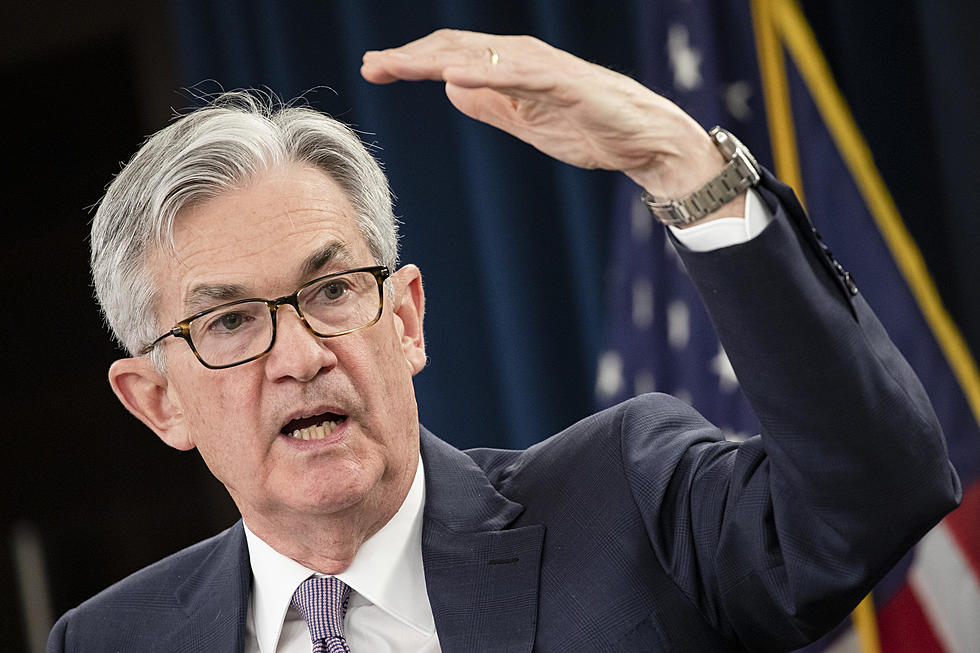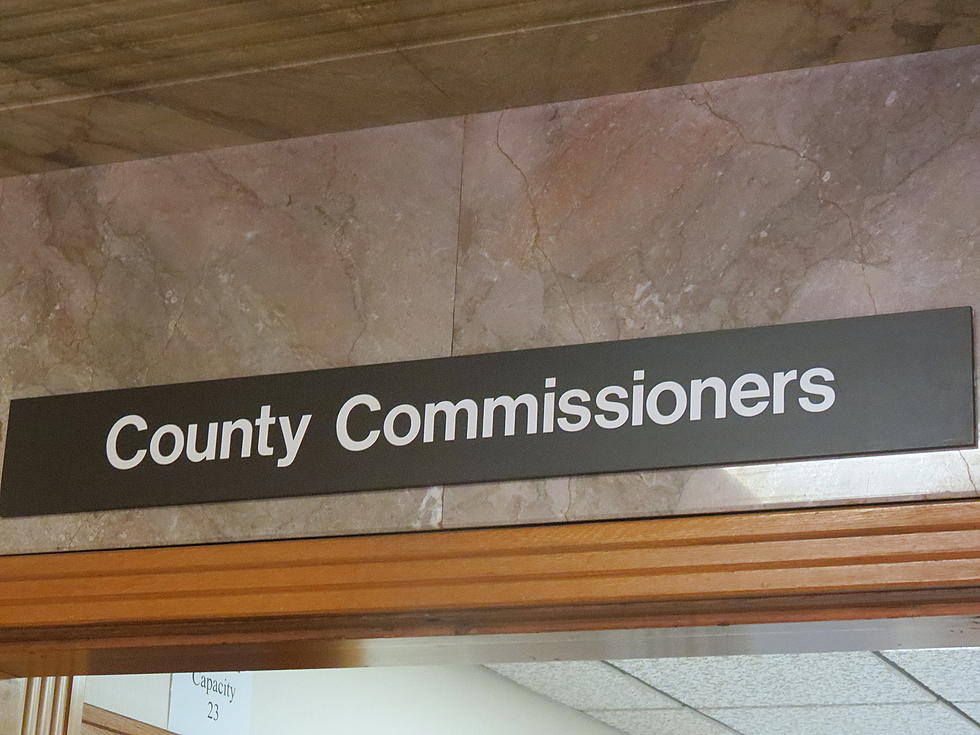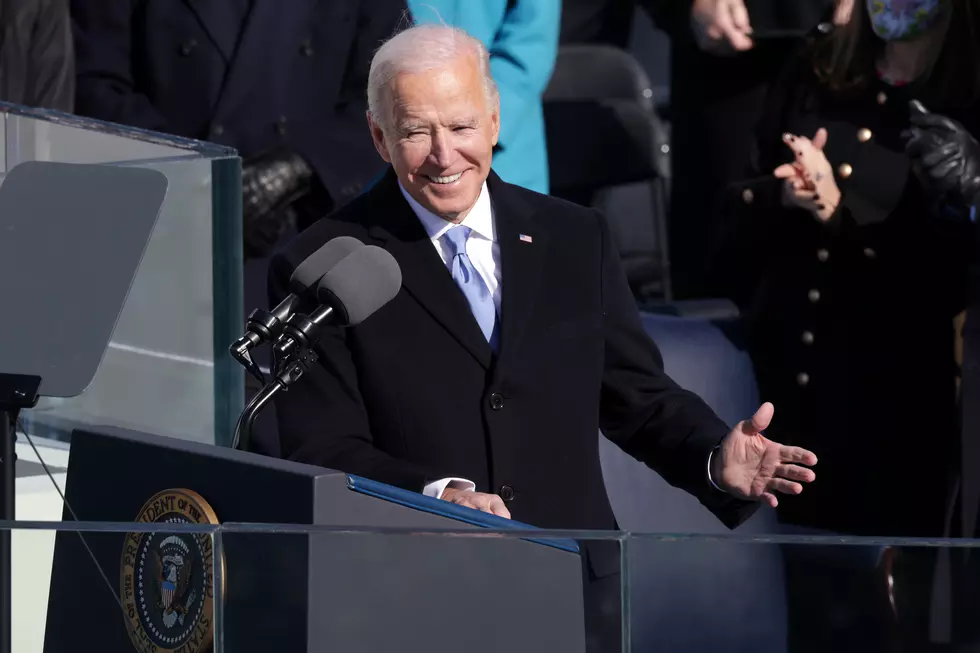
How Will COVID end? Experts Look to Past Epidemics for Clues
NEW YORK (AP) — Two years into the COVID-19 pandemic, most of the world has seen a dramatic improvement in infections, hospitalizations and death rates in recent weeks, signaling the crisis appears to be winding down.

Get our free mobile app
But how will it end?
Past epidemics may provide clues.
One thing experts have learned is that it can be a long drawn-out process.
This includes different types of endings that may not all occur at the same time.
There is the “medical end,” when disease recedes, the “political end,” when government disease prevention measures cease, and the “social end,” when people move on.
Answers to 25 common COVID-19 vaccine questions
Vaccinations for COVID-19 began being administered in the U.S. on Dec. 14, 2020. The quick rollout came a little more than a year after the virus was first identified in November 2019. The impressive speed with which vaccines were developed has also left a lot of people with a lot of questions. The questions range from the practical—how will I get vaccinated?—to the scientific—how do these vaccines even work?
Keep reading to discover answers to 25 common COVID-19 vaccine questions.
More From K2 Radio









